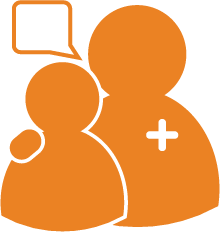Event Details

Zoom Meeting

![]() 8 October 2024
8 October 2024
12:30pm - 1:30pm AEDT
![]() 8 October 2024
8 October 2024
– 8 October 2024
Zoom Meeting

![]() 8 Oct 2024
8 Oct 2024
12:30pm - 1:30pm
![]() 8 October 2024
8 October 2024
– 8 October 2024
Presenters:
Music Therapy Team Leader I Clinical Lead Allied Health

Maybelle is a registered music therapist and currently the clinical lead for music therapy at the Women’s and Children’s Hospital in Adelaide. Maybelle is passionate about improving healthcare outcomes for babies, children, and young people through the use of, and engagement in, meaningful and purposeful music experiences. Maybelle completed her master of music therapy training at Anglia Ruskin University (UK) in 2011.
Event Dates
Date: 8 October 2024
Time: 12:30pm – 1:30pm AEDT
Date: 8 October 2024 – 8 October 2024
Location
Zoom Meeting
, Web Conference
,
The Better Song
Reflective Practice on Procedural Holding

Zoom Meeting
, Web Conference
,
About
The Better Song: A case study illustrating the role of music therapy in procedural support for a child with neurodiversity experiencing anxiety with weekly dressing changes
In paediatric hospital care, music therapy for procedural support involves the use of music-based experiences by a qualified music therapist, to alleviate periods of distress and improve coping in children in the phases before, during, and after the procedure. This case study features the presenter’s clinical work in supporting a child with neurodiversity experiencing high procedural anxiety during ongoing weekly PICC dressing changes. In the therapeutic process, a compositional approach is used to incorporate the child’s communication repertoire and develop meaningful songs targeting procedural steps. Audio excerpts at 3 timepoints across a 7-month period illustrate positive changes in the child’s behavioural responses during procedural phases, leading to improved coping, reduced distress periods, and reduced procedural hold. Practice reflections explore the needs of children with neurodiversity or communication vulnerabilities, and in particular those for whom typical distraction-based strategies are less suitable. The application of carefully considered music by trained music therapists may offer one type of meaningful therapeutic support for this group of patients.
The audience will have an opportunity to:
- Gain insight into the role of music and the music therapy process in procedural support
- View practical examples of procedural support visual aids
- Consider meaningful supports for children presenting with neurodiverse needs or communication vulnerabilities and who are less responsive to typical distraction-based strategies
- Participate in active discussion and sharing of experiences for group learning

